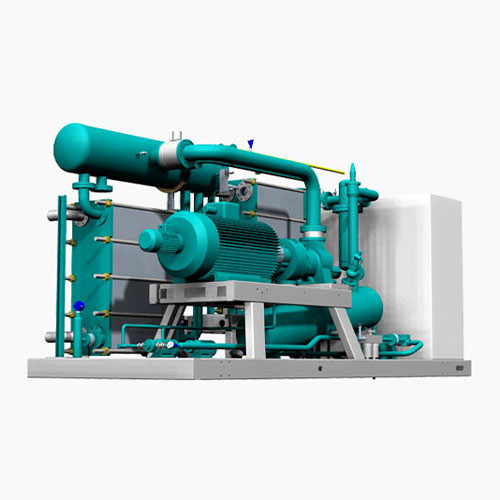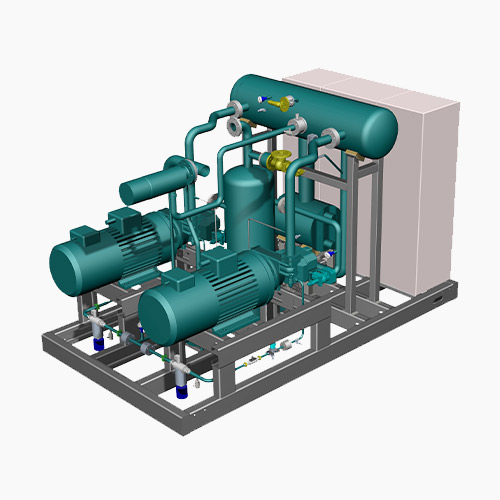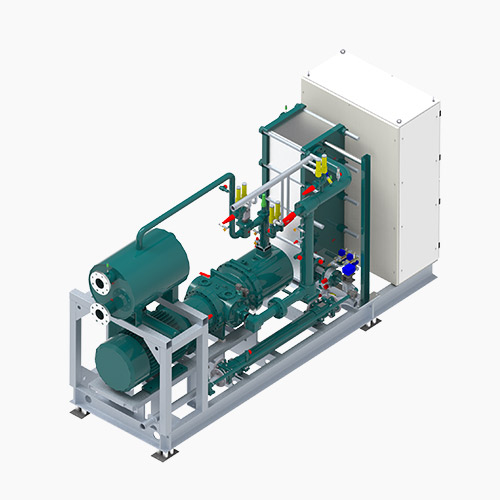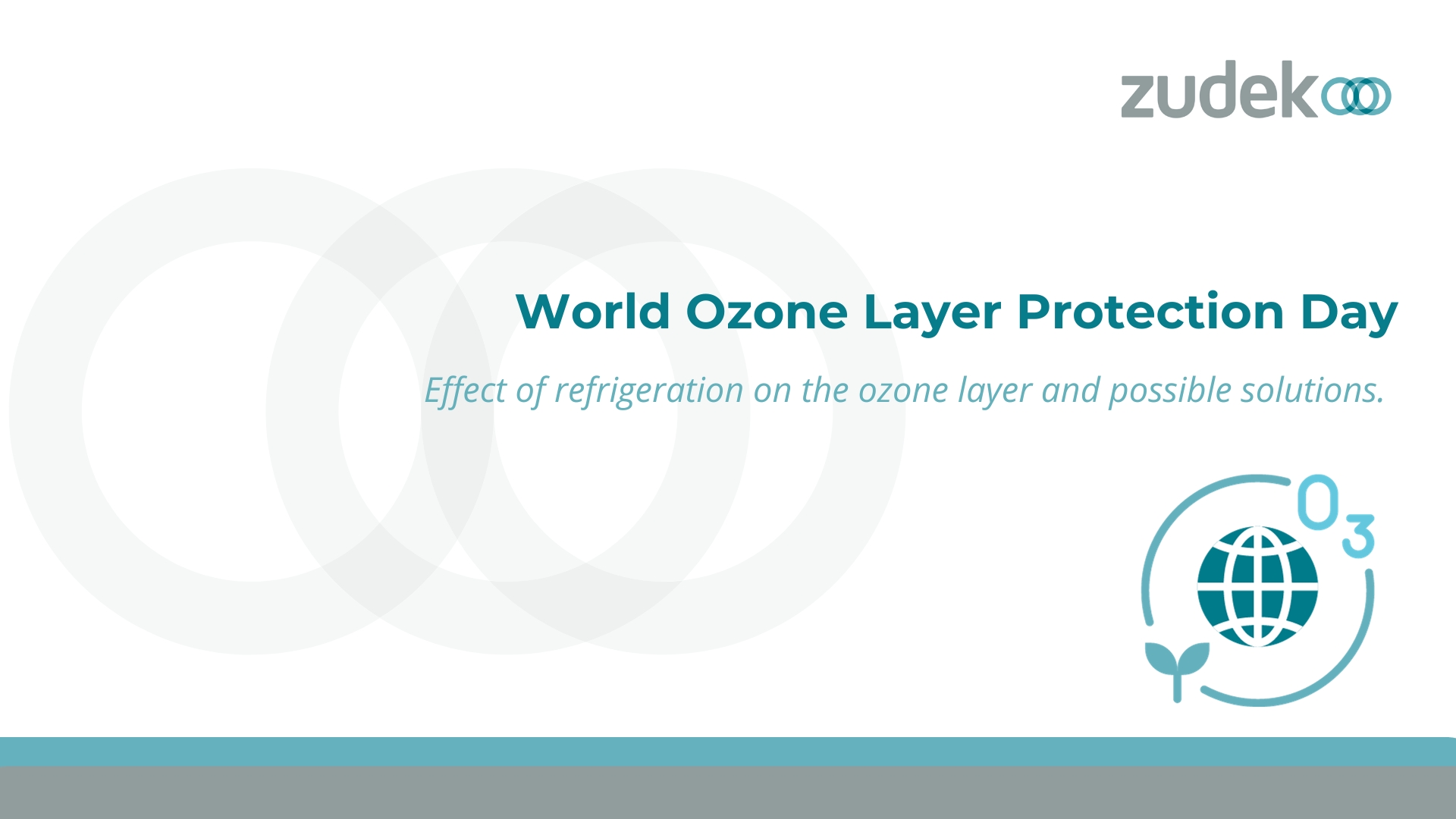Effect of the refrigeration on the ozone layer and possible solutions.
Today is World Ozone Protection Day. September 16 is not a random date, in fact, today it is now 36 years since 197 nations have signed the Montreal Protocol.
But let’s take a step back. The Montreal Protocol was sanctioned on September 16, 1987, with the aim of restoring the ozone layer, which has been deteriorated by global pollution, through the reduction and subsequent complete renunciation, worldwide, of the production and consumption of substances that deplete the layer of ozone.
In the seventies, through various studies and research, it was discovered that CFCs (chlorofluorocarbons), which at the time were the main refrigerant used, were mainly responsible for the depletion of the ozone layer. For this reason, in the eighties, the United Nations signed the Vienna Convention, aimed at protecting human health and the environment from ozone depletion, and the Montreal Protocol, already mentioned above.
Their implementation made it possible, between 1986 and 2016, to reduce by more than 98 percent the production and consumption of CFCs (chlorofluorocarbons). Thanks to these initiatives, emissions into the atmosphere have also fallen sharply and the ozone hole over Antarctica appears to have reached the point of its maximum extent (now set to decline).
Unfortunately, in recent years it has come to light that even most of the substitute substances (partially halogenated fluorocarbons, HFCs or better known as F-Gas) are powerful greenhouse gases, several thousand times more impacting than CO₂, and contribute significantly to the global warming.
In fact, following the initiatives of the European Union regarding the regulation of F-Gases, in the world of refrigeration there has been a lot of talk again about synthetic refrigerants and how these are harmful both for global warming and for the reduction of the layer of ‘ozone.

At the moment, in fact, natural alternatives seem to be the only sustainable solution.
CO₂, ammonia and hydrocarbons (propane or isobutane) are considered “natural refrigerants” because they are substances found directly in nature and thanks to their characteristics they are considered the most “eco-friendly” gases available on the market.
Natural refrigerants, in fact, do not contribute (or contribute only minimally) to global warming and, unlike synthetic refrigerants, are much more efficient and cheaper.
We at Zudek firmly believe that natural refrigerants are the best alternative to machines that work with F-Gas, in fact for the past thirty years we have been producing only and exclusively machines that use ammonia or CO₂. For us, the well-being of the planet goes hand in hand with the growth of our company, because we are absolutely convinced that only through care and attention to the environment we can contribute to building a better future.















